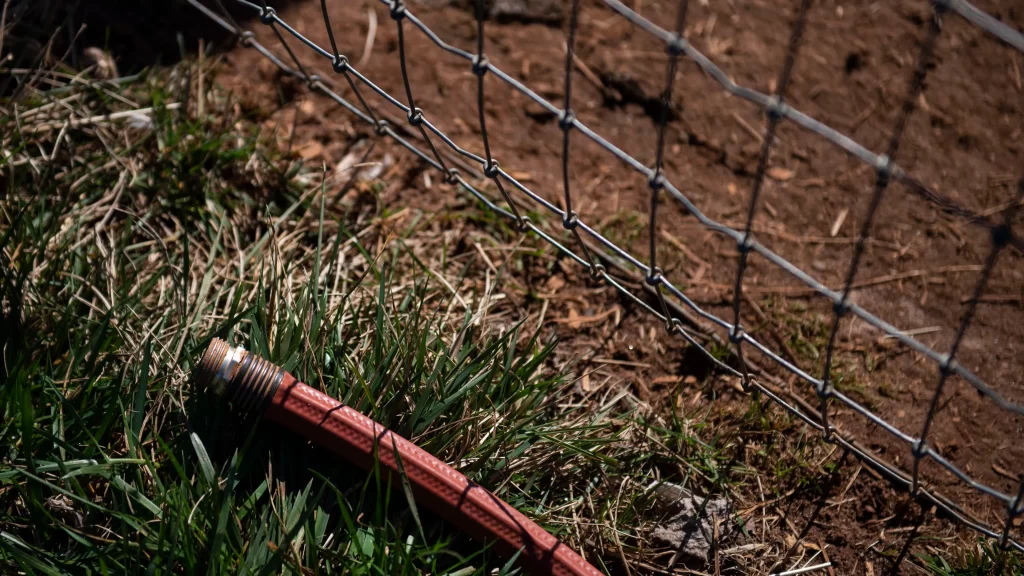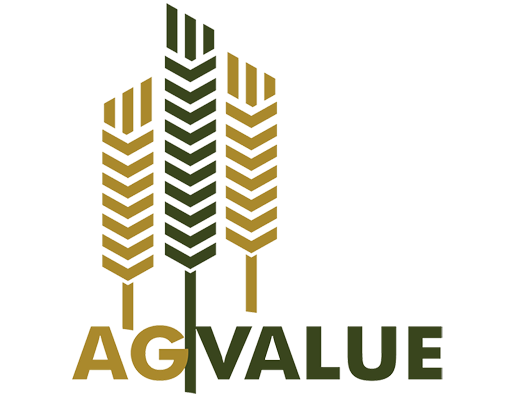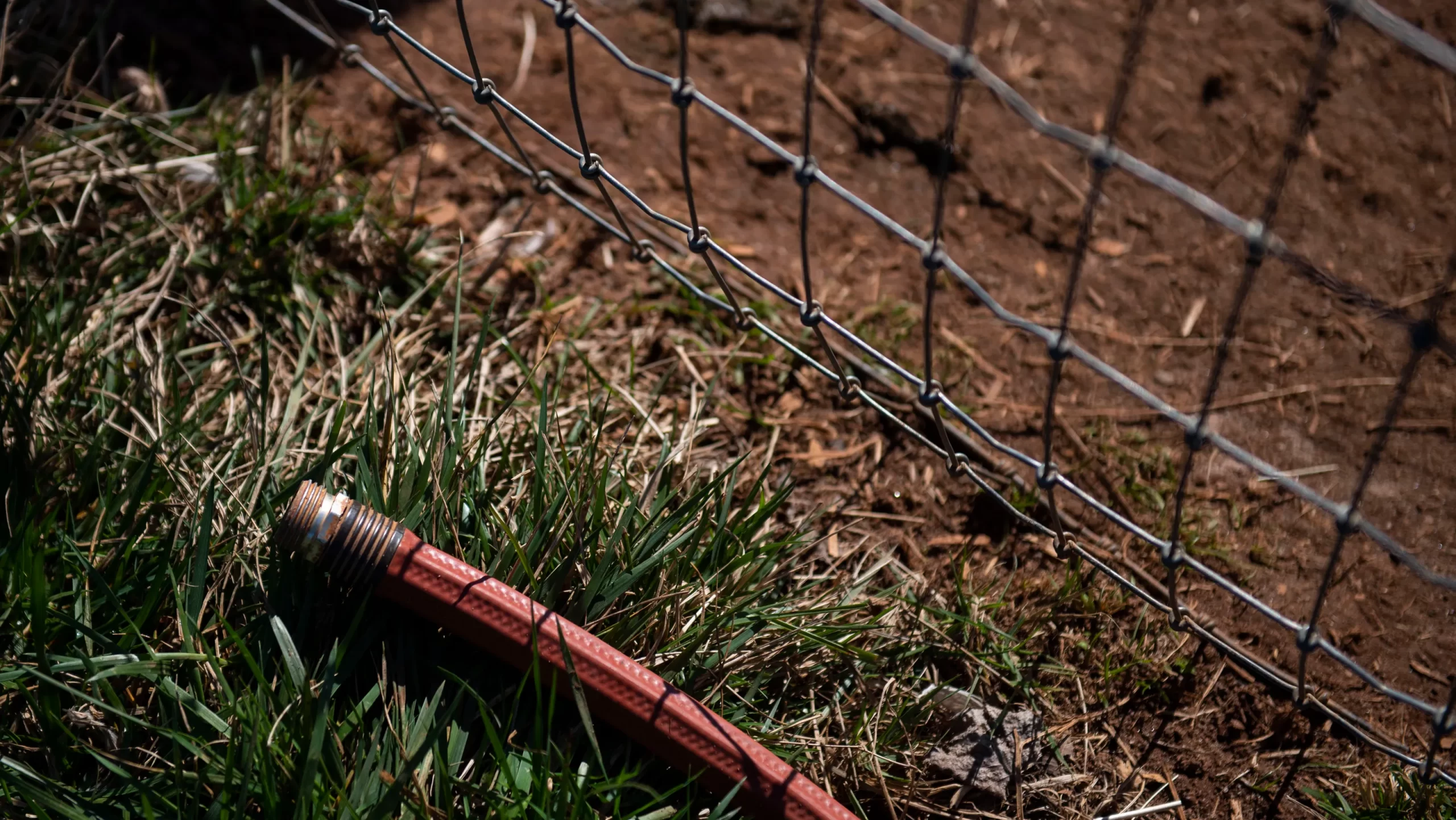
- AgValue Consulting
- July 12, 2024
- 7:41 pm
- 2 minutes
Drought Challenges in South Carolina: Farmers Brace for a Dry Summer
The recent announcement by the South Carolina Department of Natural Resources regarding the upgrade of drought status in all counties reflects a significant environmental challenge impacting the state’s agriculture. With escalating conditions from normal to varying degrees of drought severity across the region, farmers and the agricultural community face mounting concerns over crop viability and livestock sustainability.
Impact on Agricultural Operations and Local Economy
The onset of drought has led to considerable agricultural strife, with reports from the U.S. Farm Service Agency in South Carolina indicating severe impacts on corn crops, projecting over 50 percent yield losses in many counties. The situation for crops like cotton, soybeans, and peanuts also remains precarious without forthcoming rainfall. Livestock producers are equally strained, resorting to feeding hay much earlier in the season due to halted summer grass production, escalating operational costs, and prompting some to reduce their stock to mitigate expenses.
The agricultural setbacks due to drought not only affect the immediate economic output of farms but also threaten the long-term viability of farming operations in the region. Such conditions invariably lead to increased operational costs and decreased productivity, both of which can influence farm appraisal values negatively.
Appraisal and Valuation Considerations in Drought Conditions
In drought conditions, several factors need to be considered when appraising farm properties:
- Reduced Crop Yields: Drought significantly lowers crop production, which can affect land value as the income potential of the farm diminishes.
- Water Resources: Farms with access to reliable water sources, such as well-supported irrigation systems or rights to water bodies, may hold their value better than those reliant on natural rainfall.
- Soil Health: Extended dry periods can degrade soil quality and fertility, impacting the land’s agricultural potential and thus its appraisal value.
- Infrastructure Resilience: The condition and efficiency of irrigation systems and other farm infrastructure become crucial in maintaining crop and livestock health, influencing the overall valuation.
- Market Access and Flexibility: Farms with diversified crops or those able to quickly shift production to less water-dependent crops might be appraised more favorably.
Appraisal and Valuation Considerations in Drought Conditions
In response to these challenges, AgValue Consulting offers specialized appraisal services that consider the broad spectrum of factors influenced by drought conditions. Our expertise in understanding and evaluating agricultural assets in the context of environmental stressors enables us to provide accurate and reliable appraisals. We assess not only the current market value but also the potential long-term impacts on property value due to changing agricultural conditions.
For farm owners, investors, and financial institutions looking to navigate the complexities of agriculture in drought-prone areas, partnering with a knowledgeable appraisal service like AgValue Consulting can provide critical insights and strategic guidance. We ensure that all valuation considerations—economic, environmental, and operational—are thoroughly analyzed, helping stakeholders make informed decisions.
Contact AgValue Consulting for Expert Agricultural Appraisal Services
As South Carolina faces these environmental challenges, AgValue Consulting stands ready to assist the agricultural community with comprehensive appraisal services that reflect both current conditions and future market potential. Contact us to learn how we can support your agricultural appraisal needs and help optimize your farming operations in the face of environmental uncertainties.

